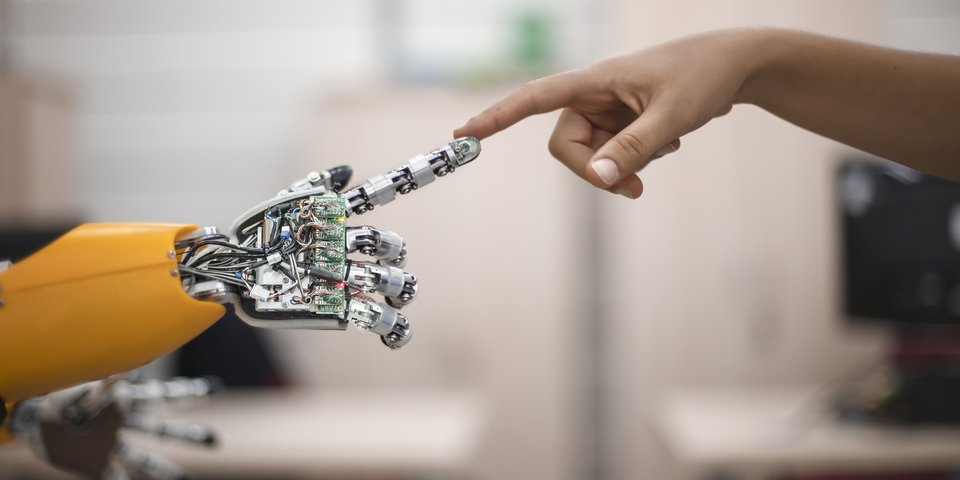 muratsenel
muratsenelEthical principles for developing artificial intelligence
Commission launches consultation on ethics guidelines.
KB/SW – 01/2019
A human-centric approach
The
European Commission’s High-Level Expert Group on Artificial Intelligence (AI
HLEG) published the first draft of its Ethics
Guidelines for the development and use of artificial intelligence on
18 December 2018. Since June 2018, 52 experts from the sciences, industry and
civil society have been meeting regularly to work out which ethical principles are
needed to guarantee the trustworthy use of artificial intelligence in the EU in
order to maximise the benefits of introducing new technologies while minimizing
the risks. A human-centric approach to AI will enable Europe to become a
world-leading innovator in ethical, secure and modern AI.
Artificial intelligence ‘Made in Europe’
The aim of ‘Trustworthy AI made in Europe’ is
to improve the well-being of European citizens in times of rapid technological
change. Trustworthy AI consists of two components: first, it should respect
fundamental rights, ethical rules and values, and second, it should be
technically robust and reliable. Major AI-enabled developments in autonomous vehicles,
healthcare, home/service robots, education or cybersecurity are expected to
improve the quality of our everyday lives (see article from 10/2018).
AI is also the key to addressing many societal challenges, such as global
health and climate change. The Expert
Group says that artificial intelligence must be human-centric and respect
fundamental rights in order to increase human well-being and the common good.
Consultation
In
conjunction with the Ethics Guidelines, the Commission launched a public
consultation, which is open until 1st of February. In March 2019, the Expert
Group will submit its final guidelines to the Commission. These follow the Strategy
adopted in April 2018 for artificial intelligence, the EU Commission’s Communication
on the Coordinated
Plan to develop and promote the use of AI in Europe with the Member
States, and the Declaration
of Cooperation on AI signed by 25 European countries. In addition,
the EU’s multiannual financial framework 2021-2027 in the area of artificial
intelligence will provide for investments of at least € 7 billion from the
Horizon Europe and Digital Europe programmes.
